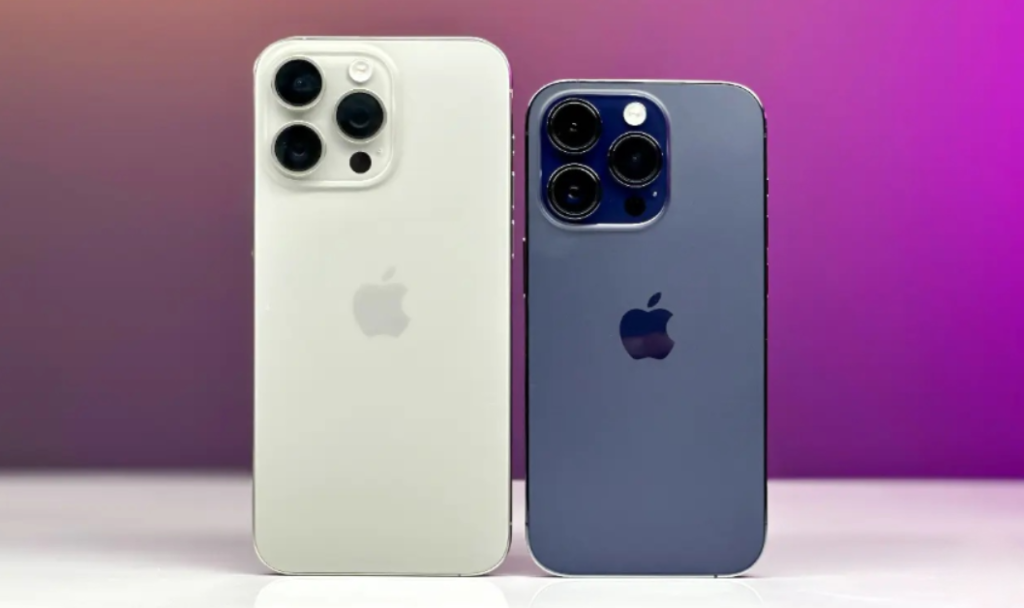
Apple is actively embracing the AI trend, with reports suggesting that the upcoming product lineup will boast powerful capabilities for delivering artificial intelligence features. According to a recent update from Taiwan’s Economic Daily News, Apple plans to integrate a robust neural engine in its next-generation chipsets to enhance AI performance.

According to the report, Apple has enlisted TSMC to invest in an upgraded version of the 3nm chipset. The forthcoming M4 and A18 chipsets are poised to experience a substantial increase in computing power. To support generative AI capabilities, Apple intends to augment the number of embedded AI computing cores in its processors. Undoubtedly, this endeavor will demand more extensive R&D and corresponding investment.
“According to industry insiders, Apple has acknowledged the significant trend in AI. This year, the company plans not only to enhance the AI computing capabilities of the M3 and A17 processors but also to notably boost the number and performance of the upcoming M4 and A18 processors.”
Even though AI features haven’t been the primary focus, Apple has consistently enhanced the neural engine within its A-series chips. For instance, Apple asserts that the A17 Pro chipset in the iPhone 15 Pro and Pro Max boasts a neural engine twice as potent as the previous year’s A16 Pro found in the iPhone 14 Pro models. However, it’s important to mention that the core count has remained unchanged since the iPhone 12. This year, there’s speculation that we might witness a neural engine with over 16 cores.
During its latest earnings call, Apple CEO Tim Cook confirmed the upcoming arrival of generative AI features later this year.
The impending emphasis on AI by Apple is not a new revelation. Renowned Apple analysts Ming-Chi Kuo and Mark Gurman have previously disclosed Apple’s intentions for a significant overhaul in iOS 18. The upcoming iOS version is expected to introduce numerous AI features to Siri, Messaging, and other aspects of the operating system. Additionally, in October of last year, Apple launched its inaugural LLM model, named Ferret, in partnership with Columbia University.
The open-source LLM model is praised for its efficiency in comprehending and describing small image regions, surpassing even GPT-4 in this aspect. AI functionalities driven by Ferret are expected to feature prominently in upcoming iPhones and Macs.
Enhanced neural engine capabilities could introduce powerful AI features, but it might also lead to certain functionalities being exclusive to the iPhone 16 series and future Mac models. Would you be willing to pay extra for these AI features?

Thanks for sharing. I read many of your blog posts, cool, your blog is very good.